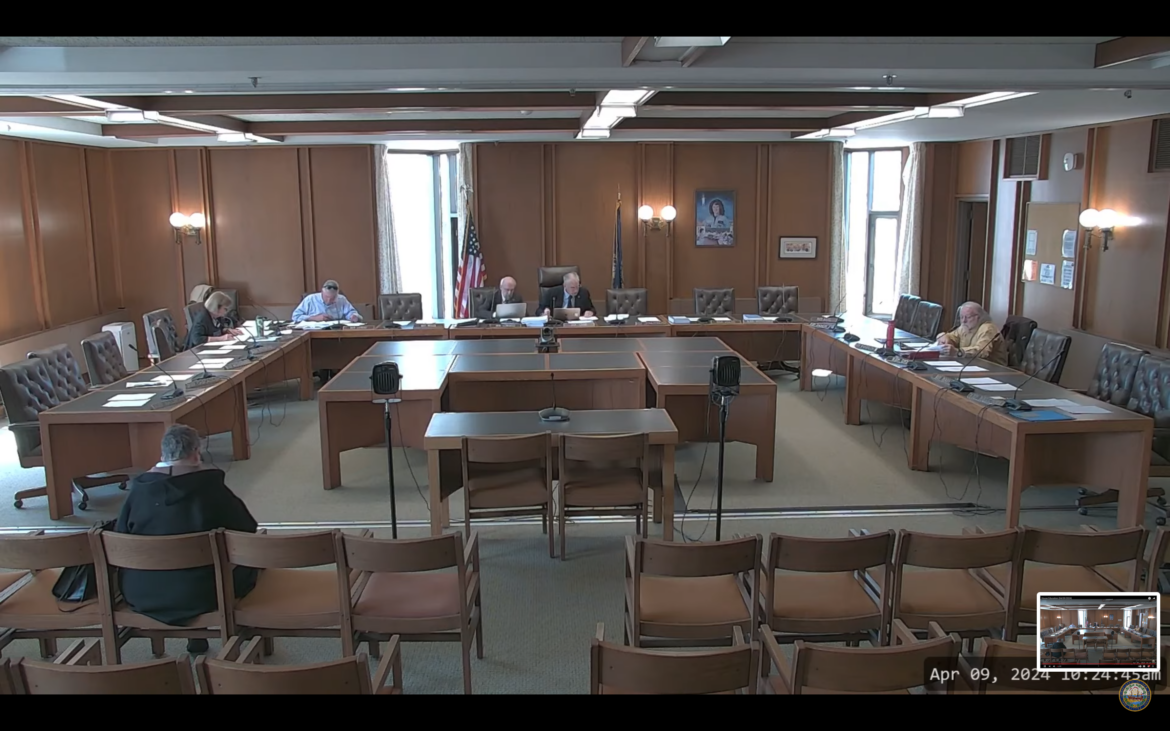By GARRY RAYNO, InDepthNH.org
CONCORD — A House Education subcommittee on administrative rules raised some fundamental concerns about the new proposal for the state’s minimum standards for public school approval.
The subcommittee, which will make recommendations and raise concerns, to the Joint Legislative Committee on Administrative Rules, prior to the Department of Education and State Board of Education submitting their approved changes to the current rules.
The proposed changes to the minimum standards were questioned at a public hearing last week, with concerns raised about lowering the existing minimum standards, removing limits on class size, making many standards optional and not mandatory, and no longer requiring certified teachers and professionals.
Other concerns raised at the public hearing were that the changes would do away with local control, move toward privatizing education and exacerbate the existing inequity among districts.
The education subcommittee Tuesday reviewed a section of the “306 rules” covering 15 content areas currently required ranging from core curriculum like English, Math, Science, Social Studies and physical education, to the arts, business, career and technical education, family and consumer science, school counseling, digital literacy, computer science, world languages and the Holocaust and genocide.
In every instance, the proposal changed the word “program” to “curriculum” such as arts program to arts curriculum and that was one of the concerns the subcommittee wants addressed by the Department of Education.
“Why do that and what does it do,” asked subcommittee member Rep. David Luneau, D-Hopkinton. “Why did they make the change? It has to have some sort of intent and meaning.”
Several members contended the program includes curriculum, instruction and assessment, and the intent appeared to leave instruction and assessment out, putting more weight on curriculum and greater state control.
Education committee chair Rep. Rick Ladd, R-Haverhill, said the instruction and assessment have always been left up to the local districts, while the state through the standards has established the curriculum.
He said it is up to the school district to decide what textbook to buy, but it does have to meet the state standards needed to provide an adequate education under the statutes.
Ladd said putting curriculum “at the top” creates confusion and “seems to me starting to make inroads into local control.”
He said both program and curriculum need to be defined and noted the two terms are not used consistently throughout the proposed rule changes.
“I understand what they are trying to do,” Ladd said. “They are trying to get to competency-based rules in the state. I have no objection to that.”
Rep. Linda Tanner, D-Sunapee, said if that is what they want to accomplish why don’t they go back to the program implemented in a lot of schools under the PACE (Performance Assessment of Competency Education) program.
She said districts did a lot of professional development on it and then it went away, although many districts still have it and teachers use it.
“Why not go back to the frameworks PACE set out?” she asked.
“I don’t know if we got permission from the feds to do that,” Ladd said, noting it was developed in New Hampshire and became a national model.
He said the section of the rules they were reviewing uses competency over and over again. “There are a lot of disconnects here,” he said.
The competencies should be based on the academic standards, Ladd said, but where are the standards? “I could argue they don’t exist,” he said.
Another concern raised by the subcommittee members was replacing the word “shall” with “may” in the new proposed rules along with “provide” with “may include.”
Several members claimed that would make programs optional instead of mandatory as they are now.
Luneau said each school board is responsible for meeting the minimum standards now, but under the change the rules would say you no longer have to include these things.
Ladd said that is where the latitude comes in, but you must have “an arts program,” but not specific courses.
The issue was also included in the subcommittee’s request for information from the education department to clarify the intent.
While the subcommittee will report its concerns to the administrative rules committee, the legislative Education Accountability and Oversight Committee must take a vote and make suggested changes in the rules before the State Board of Education takes a final vote on the rules it will present to the legislative administrative rules committee.
Another public hearing on the proposed changes to the rules governing the minimum standards will be held Thursday at 1 p.m. at the Board of Education building at 25 Hall Street,
Concord.
The public comment period on the proposed changes ends April 30.
Garry Rayno may be reached at garry.rayno@yahoo.com.





